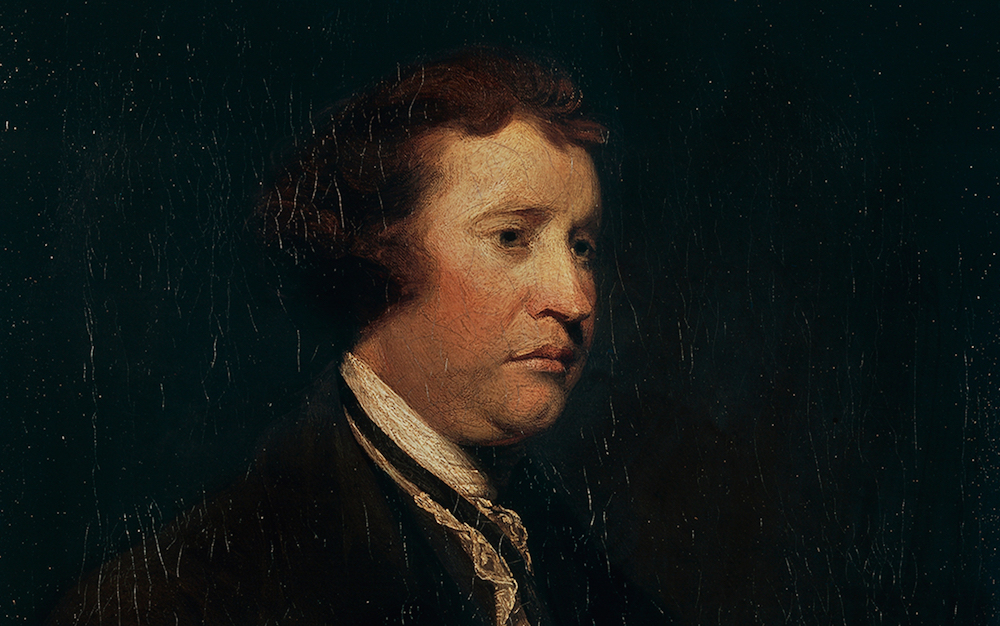“Everything begins as a mystique and ends as a politique,” observes French essayist Charles Péguy. In other words, that which begins as a pure idea—mystic, even transcendent—devolves into profane politics, the slow grind of policy divorced from any sort of sanguine idealism. The politique politician is an automaton, swayed by the slightest breeze of public opinion and party leadership. Such a man considers himself to be “eminently practical.” If he is always choosing an evil, at least it is the lesser of two. He takes what he can get; he desires the possible and worries not over the good, the beautiful, the true. He scoffs at Plato, even Aristotle. His man is Hobbes—Machiavelli, if he is forthright. He esteems them not for their realism but their cynicism. Such humdrum pessimism is fit cover for this man without a chest.
Login to read more
Sign in or create a free account to access Subscriber-only content.
Topics:
